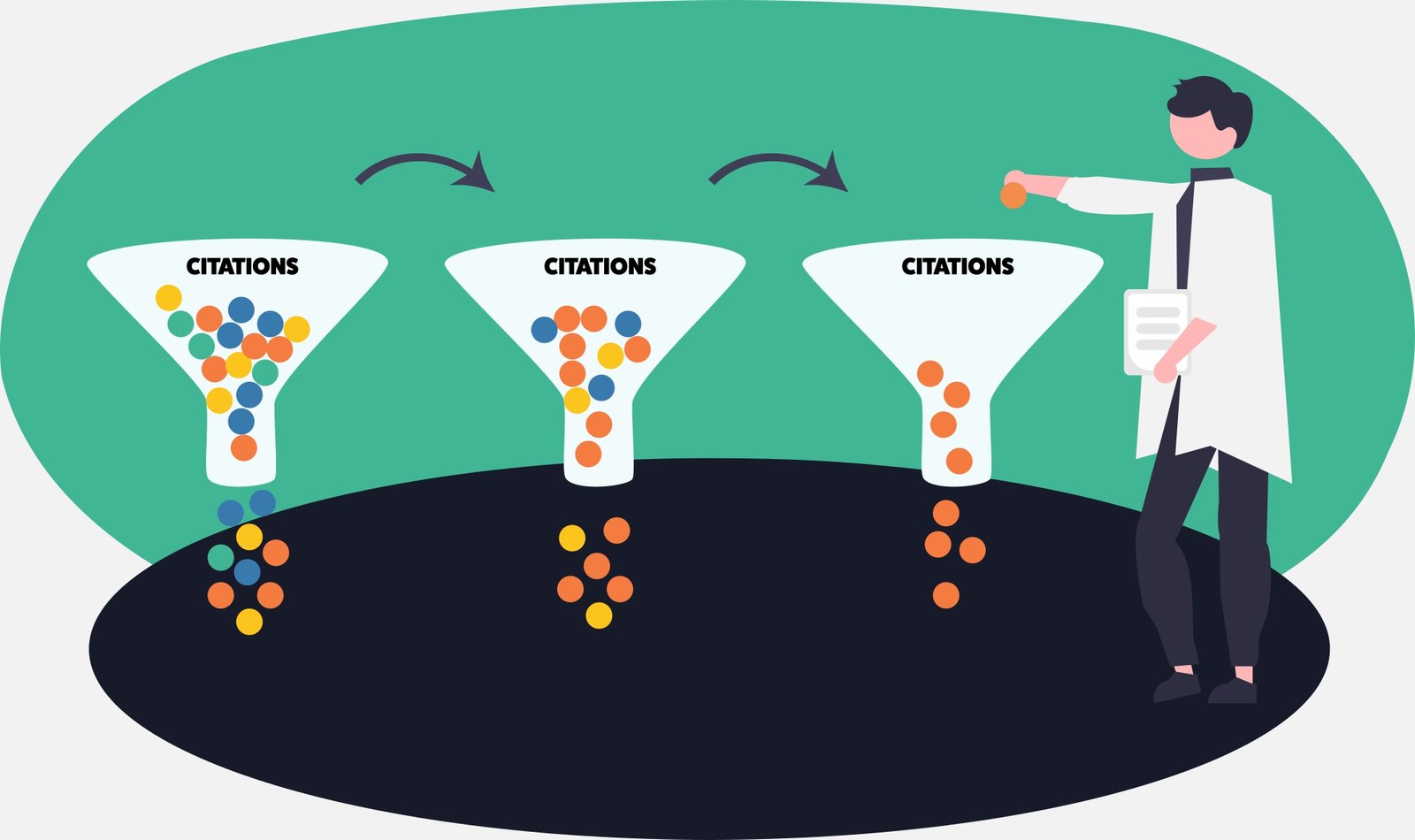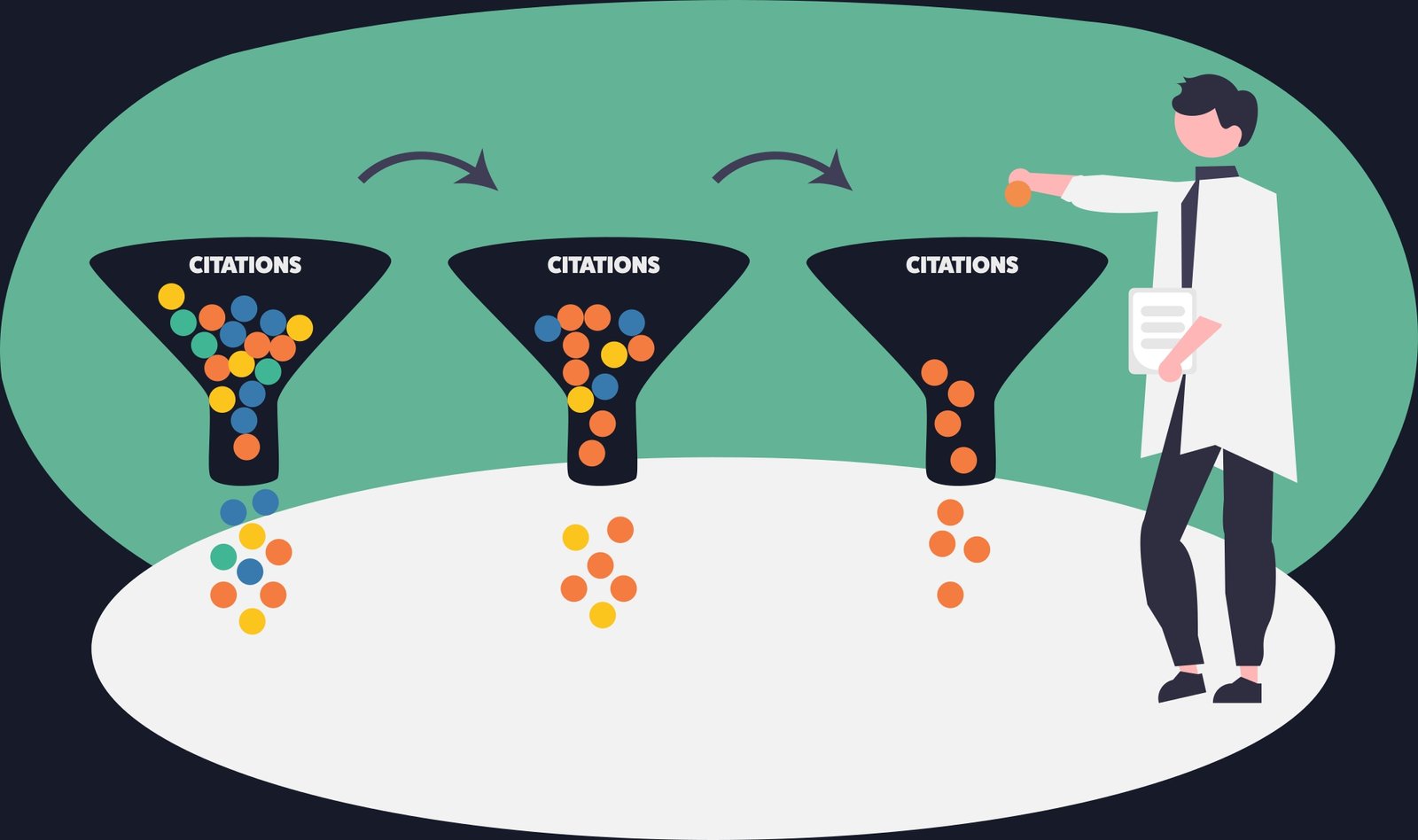Introduction
Literature review is a fundamental part of any research process and its impact on how we conduct research cannot be overstated. Research has been dominated by white cis-heteronormative men from the global north. Therefore, the majority of viewpoints in the world are not represented in the citation record. This constrains our research with factors that are not relevant to the pursuit of truth and thus places arbitrary limits on our knowledge.
Bias towards certain viewpoints may appear a more obvious problem in the Arts and Humanities, however it is no less important for STEMM subjects. An instance of this is shown in ‘Ignoring non-English-language studies may bias ecological meta-analyses’ by Konno et al.
“If citations direct the trajectory of scientific discovery, shaping the very formulation of our research questions, then an imbalance in citations is an imbalance in whose questions get heard, repeated, investigated, and ultimately answered.” [1]
Literature review is inherently language-dependent and is therefore deeply intertwined with many global power dynamics and the history of linguistic colonialism (see Historical Context for more on this concept). The vast majority of research discourse is in the English language. This acts to exclude people from accessing and contributing to research. Peer review perpetuates barriers for historically excluded groups by Smith et al. demonstrates this in the case of biological science. Watch the following video from Black and Brown in Bioethics where Māori scholar, Hana Burgess, discusses her experience of challenges academic citation practice.
Envisioning Indigenous Citational Practice — Hana Burgess
Given the over-representation of certain identities, it can be difficult to construct a diverse reading list. Nonetheless, it is important to acknowledge the extent to which we achieve this (or don’t). The Citation Diversity Statement: A Practice of Transparency, A Way of Life by Zurn et al. introduces the citation diversity statement as a starting point for this practice. Considering the diversity of authors forces us to confront the complex and inherently political issues of identity and categorisation. Read The mental tangles of classification from the CLEAR lab about the ethical problems involved in diverse citation.
These challenges show how literature review is constrained by historical biases, reinforcing global power dynamics and limiting the validity of research. Addressing these biases through citation diversity can help broaden knowledge production.
Activity
Create a citation diversity statement for one of your citation lists using this tool. How did it do? Please note that if you are unfamiliar running code and using GitHub this may be quite daunting. We encourage you to have a go and ask around to to find someone who can help you do this!
Try and find one paper that could be included in your citation list that would improve the diversity metric, e.g. assumed female first author or global south institution. How easy or hard was this? You can use the resources below to help.
Practical Steps and Tools
Include a citation diversity statement in all your future published work. Encourage others you work with to do the same.
Keep your positionality statement (see Reflexivity for more on this) in mind and consider how this may affect what you read and how you read it.
Consider what the dominant researcher identity in your field is. Go and find a researcher or lab group in your field that deviates from this identity in some way and familiarise yourself with their work. Highlight and promote any work you find useful. Below is a list of things to think about when considering research identities. Note that information regarding these factors is not always available, nor is anyone obligated to share it. We include these things as things for you to consider personally, not an exhaustive list that needs checking:
- Geographical region (global south/north.
- How researchers are racialised or gendered.
- Sexuality.
- Disabled/Non-Disabled.
- Socio-Economic status.
Here are some networks that help amplify researchers from under-recognised groups:
STEMM
- 500 Queer Scientists
- 500 Women Scientists
- Women Also Know Stuff
- Databases of Databases of Diverse Speakers in STEM
- Indigenous Health Researcher Database
Humanities & Social Sciences
- People of Color Also Know Stuff
- Cite Black Women
- Cite Black Authors
- Women Also Know History
- Women in Philosophy

